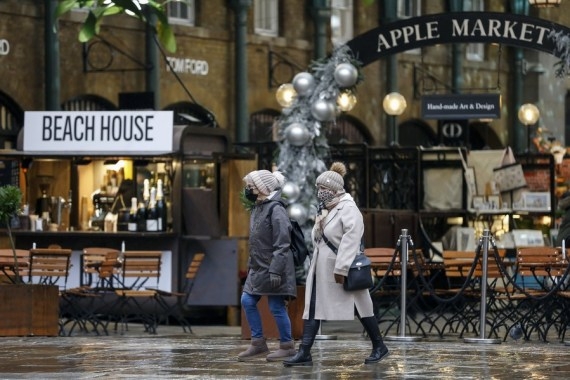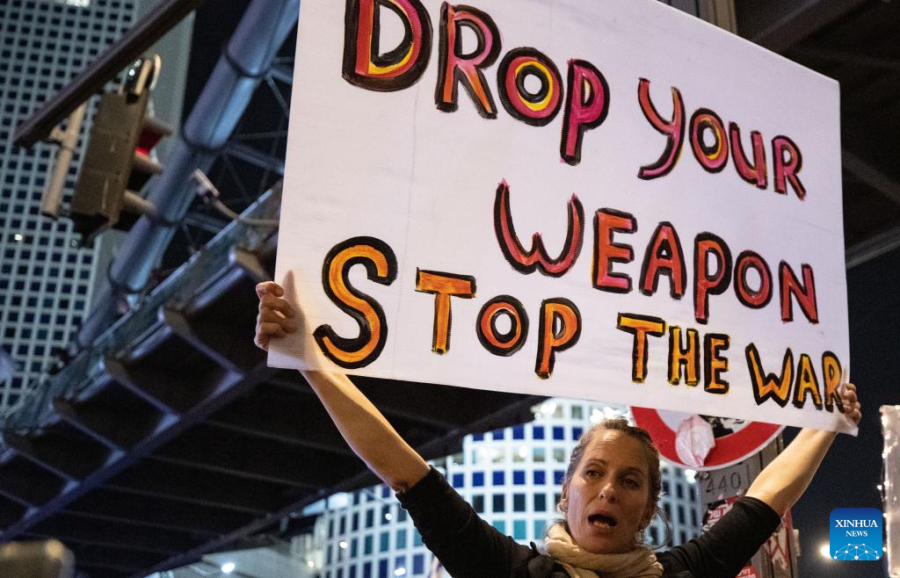A gauge of job security also declined, which could be driven by the increase in employer National Insurance contributions announced in the Budget…reports Asian Lite News
The latest poll of consumer sentiment, just released by data firm S&P Global, shows that households reported that their current finances continued to deteriorate in November, while pessimism about the financial outlooks for the year ahead has risen.
Households across the UK reported further pressure on their everyday spending, which ate into the amount of cash they had available to spend. It has fallen again this month, at a faster rate than in October. Debt levels rose in November for the first time in three months, the survey found.
A gauge of job security also declined, which could be driven by the increase in employer National Insurance contributions announced in the Budget. The poll shows that the budget, at the end of October, has not lifted confidence among households.
Worryingly, confidence dropped this month despite the Bank of England cutting interest rates two weeks ago, just as S&P Global began polling households.
Chris Williamson, chief business economist at S&P Global Market Intelligence, said, ““November is seeing households grow somewhat gloomier again, failing to build on the underlying improvement seen in the months leading up to the General Election. Consumer confidence has fallen back since spiking higher in July amid the election buzz, as ongoing pressure on household finances has resulted in squeezed spending, higher debt and lower savings.”
A key concern going forward will be the labour market. Rising incomes and busier workplaces have underpinned much of the improvement in consumer sentiment over the past two years, but job security is showing signs of waning. Any intensification of job worries, spurred perhaps the recent measures announced in the Budget, including higher employer National Insurance contributions, could result in a further loss of consumer confidence. This would likely in turn hit consumer spending and economic growth.
Meanwhile, in their outlook for the UK economy next year, just released, Goldman say they think growth is likely to cool later in 2025.
They believe that wage growth will slow, as firms pass on the impact of higher NICS bills onto their workforce.
Goldman say, “We expect consumer spending growth to moderate in H2 next year as real disposable income growth falls back. This partly reflects slowing real wage growth; we expect private sector pay increases to cool, partly because of the employer National Insurance Contributions increase being passed on to consumers. Net interest is likely to become a headwind as effective mortgage rates continue to drift up while deposit rates gradually decline. And there is likely to be a continued drag on disposable income from the ongoing freeze on personal income tax thresholds.”
Trade tensions under the Trump administration will also hurt the UK economy next year, Goldman predict, even if Britain avoids tough new tariffs.
They say, “Although our base case is that the US only imposes very limited tariffs on the UK, the threat of more significant tariffs is likely to generate uncertainty in the near term, which should weigh on demand. And we expect that uncertainty around tariffs will notably reduce Euro area growth, which is likely to generate spillovers to the UK.”
ALSO READ: When Starmer meets Xi…














